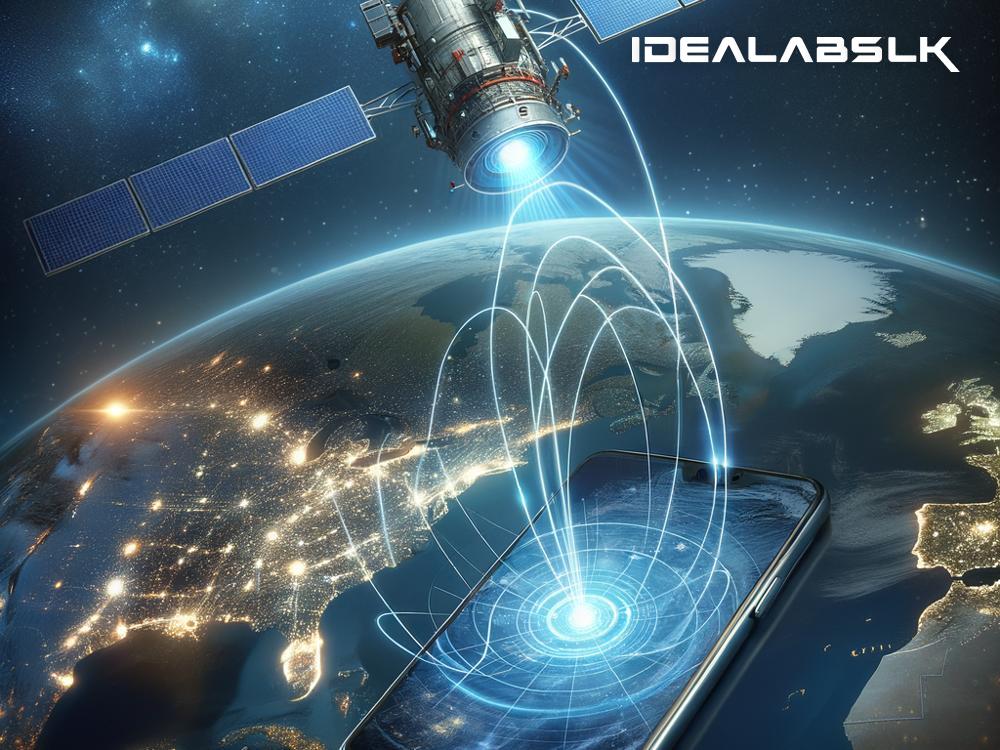How GPS Technology Powers Location-Based Services
In today's fast-paced world, the term "GPS" is something we hear and use almost daily. GPS stands for Global Positioning System, a technology that has quietly revolutionized the way we live and interact with the world around us. You might be using it to navigate through unfamiliar streets, track your jog around the park, or even find the nearest coffee shop. But have you ever wondered how this incredible technology works and powers the location-based services we've come to rely on? Let’s break it down in simple English.
The Magic Behind GPS
Imagine you're playing hide and seek in the dark, but instead of running blind, you have a flashlight that guides you to your friends. GPS works a bit like that flashlight, but instead of light, it uses signals from satellites orbiting the Earth. There are at least 24 of these satellites up there, constantly sending out signals. Your smartphone or any other GPS-enabled device acts like a receiver, picking up these signals to figure out exactly where you are on the globe.
But how does it know your location? The process is a bit like solving a puzzle. Each satellite tells your device precisely how far you are from it. By receiving signals from at least four satellites, your device can pinpoint your location through a method called trilateration. This clever method doesn’t just tell you where you are; it also considers your altitude and the exact time.
Powering Location-Based Services
Now, knowing our position is one thing, but the true magic of GPS technology comes into play when it powers various location-based services. These services use your location to provide relevant content or services. Here's how GPS technology is integrated into different aspects of our lives:
-
Navigation and Maps: This is the most obvious use. Applications like Google Maps and Waze use GPS to guide you from point A to B, offering the fastest routes, real-time traffic updates, and even public transit options.
-
Fitness and Health Apps: Ever wondered how your fitness app knows you’ve run 3 miles? GPS technology tracks your movement, pace, and route, making it easier to set goals and monitor your progress.
-
Social Media and Games: Location-based services are also used in social media and gaming. Apps like Snapchat use your location to offer geo-filters, while games like Pokémon Go use it to create an augmented reality experience, blending the real world with the gaming world.
-
Emergency Services: In emergencies, being able to quickly locate someone can save lives. When you call emergency services from a GPS-enabled device, they can use your location to find you faster.
-
Business and Marketing: Businesses use GPS to provide location-specific advertisements or services. For example, a coffee shop can send you a coupon when you’re nearby, enticing you to visit.
The Future of GPS and Location-Based Services
As technology advances, the integration of GPS with other technologies is set to create even more innovative services. For instance, the rise of autonomous or self-driving cars relies heavily on GPS technology, combined with other sensors and maps, to navigate roads safely. Furthermore, in the realm of IoT (Internet of Things), GPS can help track the location of literally anything, from your pets to your luggage.
Ensuring Privacy
With all these benefits, it’s important to remember that privacy is a concern. With devices constantly sharing our location, it's vital to ensure that this information is used ethically and protected from misuse. Users should be aware of the permissions they grant to applications and the potential privacy implications.
Conclusion
GPS technology has quietly woven itself into the fabric of our daily lives, powering an incredible range of location-based services that make our lives easier and more connected. From helping us navigate through unknown territories to enhancing our gaming experiences, GPS is a core technology that will continue to shape services in ways we've yet to imagine. As we move forward, balancing the benefits of these services with the need to protect our privacy will be crucial. Nonetheless, the possibilities GPS technology presents are as wide and far-reaching as the network of satellites spinning around our planet. The future is, quite literally, wherever we want to go.

